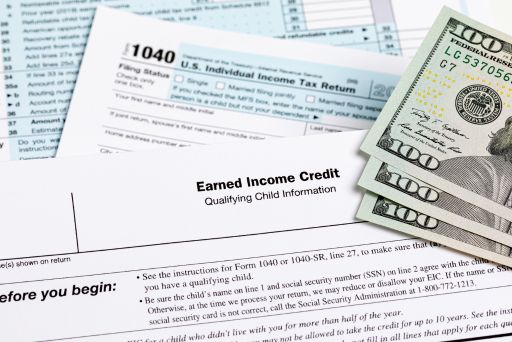Understanding ‘What is Gift of Equity?’ Learn how family members can sell property below market value, impacting real estate transactions. Dive into its significance and potential tax implications for buyers and sellers.

What are Gifts of Equity?
A gift of equity is when family members sell property to other family members for less than market value. The gift of equity is specifically the difference between the market value and what the buyer pays. A gift of equity can be for any amount, up to the total value of the home.
Gifts of equity don’t necessarily have to be from family members. Anyone who you’ve had a relationship with can qualify for a gift of equity.
Most lenders will allow the buyers to use the gift of equity as the down payment for the purchase. Both the buyer and the seller must sign an equity letter.
A gift of equity can have tax implications for both parties. The seller may have to pay capital gains taxes on the gift of equity. The buyer’s asset cost basis would be based on the market value not what the property was purchased for.
Gifts of Equity Scenario
Jack is looking to buy a home. His grandparents are preparing to downsize and are offering to sell him their home. Jack’s grandparent’s home appraised for $250,000. Jack can’t afford to pay that right now.
To help Jack out, his grandparents are offering to sell him their home for less than market value. Jack can pay $190,000 for his grandparent’s home. His grandparents agreed to sell him the home for $190,000.
Because Jack is related to the seller and they’re selling the house for less than market value it qualifies as a gift of equity. The gift of equity is for $60,000, which is the difference between the market value and what Jack is buying it for.
When Jack goes to get his loan he will submit an equity letter from his grandparents stating the amount of the gift, that there are no repayments expected or required and the donor’s information.
Another bonus of the gift is that Jack won’t have to put down a down payment because the $60,000 gift of equity qualifies as his 20% down payment.
Jack will have to meet any other requirements the financial institution where he gets his loan at requires to document the gift of equity.

A gift of equity offers an avenue for family or certain relationships to facilitate property transactions below market value. It serves as a significant financial benefit, allowing buyers to potentially use it as a down payment, minimizing upfront costs. However, it’s crucial to note the potential tax implications for both parties involved—the seller may encounter capital gains taxes, while the buyer’s asset cost basis aligns with the property’s market value. Despite its advantages, understanding the intricacies and tax considerations is vital before utilizing a gift of equity in real estate transactions. Always consult with professionals and adhere to the requirements of financial institutions when applying this concept in property purchases.
1. Who can provide a Gift of Equity?
Family members or individuals with a relationship can offer a gift of equity. It involves selling property to others below market value, with the difference acting as the gift.
2. How is a Gift of Equity utilized in real estate transactions?
Lenders often permit using the gift of equity as a down payment. Both buyer and seller must sign an equity letter detailing the gift’s value.
3. Are there tax implications associated with a Gift of Equity?
Yes, both sellers and buyers may face tax implications. Sellers might encounter capital gains taxes, while the buyer’s asset cost basis depends on the property’s market value.
4. Can anyone besides family members provide a Gift of Equity?
Yes, individuals with an established relationship can qualify for a gift of equity, enabling property transactions below market value.
5. How does a Gift of Equity impact down payments in real estate purchases?
A gift of equity can serve as a down payment. For instance, if the gift represents 20% of the property’s value, the buyer may not need additional down payment funds.

















